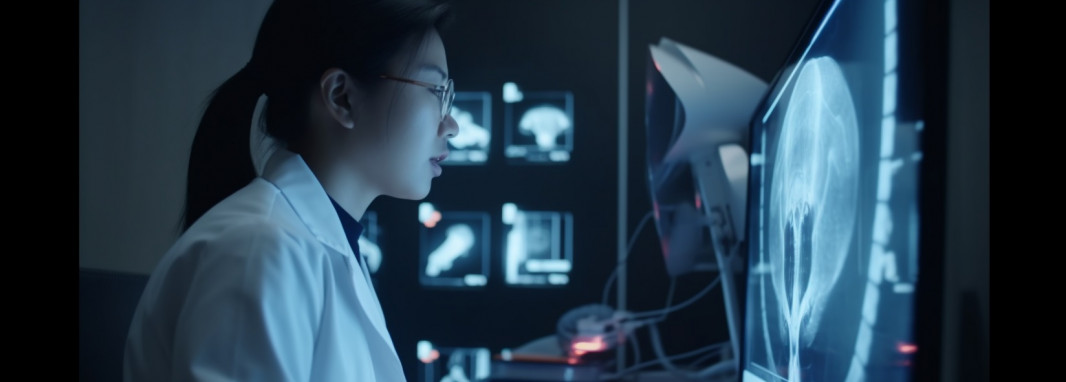In the rapidly evolving field of healthcare, integrating artificial intelligence is must have option of present reality. As an AI development company, we are at the forefront of this revolution, especially in the dental industry.
Our expertise lies in providing AI services tailored to dental professionals' needs. From integrating with popular AI solutions to building custom models, we strive to enhance the efficiency, accuracy, and accessibility of dental care.
Today, we discuss the transformative impact of AI in the early detection of oral cancer, a critical area where technology can significantly improve patient outcomes.
Accuracy in Diagnosis and Grading
Accurate diagnosis and grading of oral lesions are critical in the early detection and treatment of oral cancer. Traditional diagnostic methods often rely heavily on the subjective interpretation of clinicians, leading to a potential risk of misdiagnosis or misgrading.
With its advanced image classification capabilities, AI introduces a level of precision and objectivity previously unattainable.
By analyzing patterns in data and learning from numerous case studies, AI algorithms can accurately differentiate between benign and malignant lesions and identify various stages of dysplasia.
This not only aids in early intervention but also increases the chances that patients receive higher care at the right time.
Our company specializes in developing sophisticated AI models that can seamlessly integrate into existing dental practice workflows, offering a reliable support tool for dentists in their diagnostic processes.
Identification of Pre-malignant Changes
The ability to detect pre-malignant changes in oral dysplasia is crucial for the early intervention of oral cancer.
AI's potential in this domain lies in its ability to analyze and quantify subtle changes in tissue structure that might indicate early-stage cancer.
This technological advancement enables dentists to monitor lesions over time with a level of detail and accuracy that surpasses conventional methods.
This enhances the standard of care and instills confidence in patients regarding the accuracy and efficacy of their treatment plans.
Use in Low-Resource Settings
AI's role extends beyond high-tech dental clinics to low-resource settings, where access to advanced diagnostic tools is limited.
Mobile imaging technologies combined with AI can be a game-changer in such environments.
Using smartphone-based imaging tools integrated with AI algorithms makes oral cancer screening more accessible and cost-effective.
This is especially important in regions where the prevalence of oral cancer is high, but access to specialized healthcare is limited.
Advanced Imaging Techniques
When combined with AI, advanced imaging techniques significantly enhance oral cancer detection and diagnostic accuracy. Techniques like Optical Coherence Tomography (OCT) and Convolutional Neural Networks (CNNs) offer detailed, high-resolution images of oral tissues.
AI algorithms can then analyze these images to differentiate between healthy, dysplastic, and malignant tissues accurately.
This integration of AI with imaging technologies enables early detection of oral cancer at stages when it is most treatable.
Our company focuses on developing AI systems that can process and interpret these complex imaging datasets, providing dentists with invaluable diagnostic tools. This improves the accuracy of diagnoses and aids in the early intervention of oral cancer, potentially saving lives.
Reducing Diagnostic Delays
One of the most significant contributions of AI in oral cancer detection is its ability to reduce diagnostic delays. The speed and accuracy of AI in analyzing complex data can lead to quicker diagnosis; AI algorithms easily process large volumes of data with faster speed than any program before, identifying potential cancerous lesions that might be overlooked in a traditional examination.
This efficiency not only enhances patient care but also streamlines the workflow within AI dental practices, allowing for more patients to be screened and diagnosed promptly.
Conclusion
The integration of AI in the field of dentistry, particularly in the early detection of oral cancer, is a paradigm shift in patient care.
Our company is committed to leading this change by providing AI solutions at the cutting edge of technology and tailored to the unique needs of the dental industry.
By harnessing the power of AI, we aim to revolutionize oral cancer detection, making it more accurate, efficient, and accessible.
This commitment to innovation and excellence in AI in healthcare is a testament to our dedication to improving overall healthcare outcomes and transforming the future of dental care.






